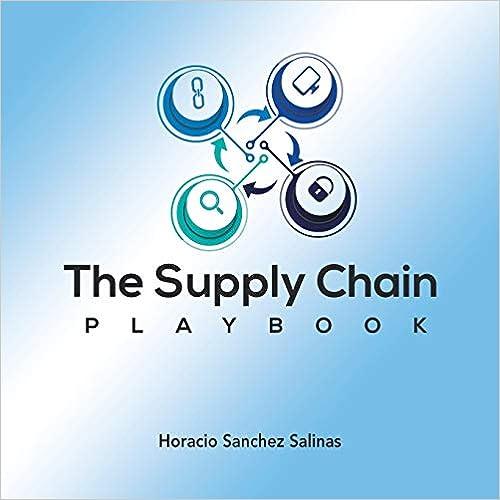Question
The Political Economy of Development: An Assessment The developing countries are undergoing a period of heightened change, which intensifies distributional tensions because of the uncertainty
The Political Economy of Development: An Assessment
The developing countries are undergoing a period of heightened change, which intensifies distributional tensions because of the uncertainty change engenders and because the growth process is rarely spread evenly across ethnic group, region and class. All economic policies have distributional consequences and the winners and losers' ability to mobilize for and against policies largely determine the success or failure of the policies. The other is that state structures play a critical role in the process of development. Translating research on the political economy of development into policy remains challenging. It is important to link the innovation of modern microeconomic research with broader aggregate analysis. Researchers suggest that societies characterized by high levels of political freedom are expected to exhibit significantly higher rates of economic growth than those in which civil liberties and political rights are abridged. One broad conclusion emerging from growth regression research results commands universal support that institutions matter for growth and development. Understanding is needed of those institutional or political factors that shape the proximate determinants of growth. In the last two decades, questions of political economy have moved to the centre of the study of development and economic growth. The new political economy of development has two defining characteristics:
The Commission on Growth and Development has identified four key determinants of high and sustained growth: (1) Commitment to a market-based resource allocation combined with an openness to trade; (2) Predictability in macroeconomic policy-making and a stable macroeconomic environment; (3) High domestic savings to fund high levels of public and private investment; and (4) Governance with the flexibility to adjust policy and institutional structures to changing circumstances in a credible, inclusive way.
Brady and Spence argue that leadership matters and can be decisive in key settings. Political leaders must choose an appropriate economic model, build a constituency of support for the strategy and have the capacity to adapt it. Collier highlights the anti-developmental institutional structures imposed on African states. He argues that, in addition, lootable natural resources and the dominance of ethnic or national identity both shortened and narrowed economic horizons and discouraged investment in state capacity. He suggests political and institutional reforms at international and national levels to address the obstacles of small economic size, ethnic diversity and the resource curse. Developing a robust normative political economy of development remains a difficult challenge. There are two main tensions, between: the positive and normative dimensions of political economy; and the internal and external validity or generalisability. Formal models are still highly stylised, while empirically-based understanding of key relationships is very tentative. In order to improve understanding of robust statistical findings and to fit this evidence into more general theories of institutional development, microeconomic research must be linked with broader aggregate analysis.
Question 1
In the narrative it is argued that, developing a robust normative political economy of development remains a difficult challenge. There are two main tensions, between: the positive and normative dimensions of political economy; and the internal and external validity or generalisability Critically discuss and outline the reasons and factors that lead to poverty, in terms of the basic needs strategy, and show the implications on the politics of the state, with a view of engineering a developmental strategy, from the perspective of breaking the back of poverty, in relation to the moral imperative. Illustrate the vicious circles of economic and political poverty in South Africa, and outline the effects upon the poor and upon the state, in the years that lie ahead, if the situation is not addressed by government and its public bureaucracy.
Step by Step Solution
There are 3 Steps involved in it
Step: 1

Get Instant Access to Expert-Tailored Solutions
See step-by-step solutions with expert insights and AI powered tools for academic success
Step: 2

Step: 3

Ace Your Homework with AI
Get the answers you need in no time with our AI-driven, step-by-step assistance
Get Started


